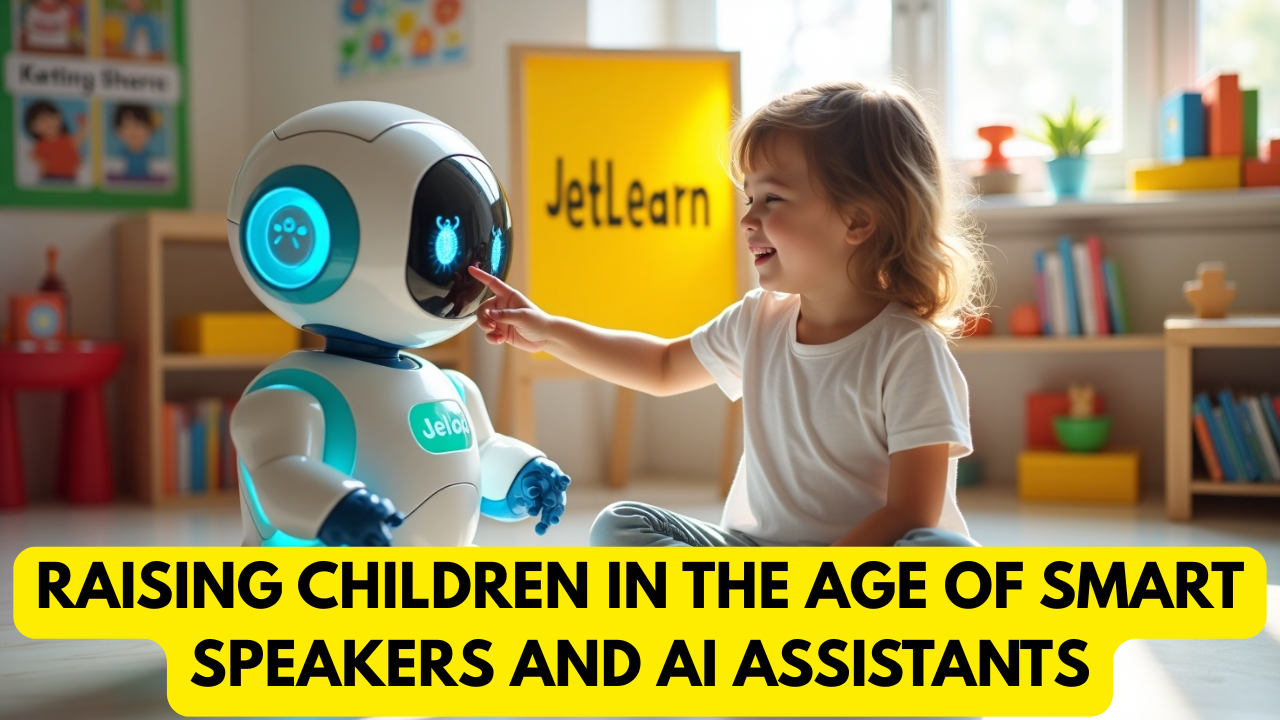
Smart speakers and AI assistants like Alexa, Google Assistant, and Siri have quickly moved from novelty gadgets to everyday household helpers. Families use them for setting reminders, playing music, controlling smart home devices, and even answering kids’ endless stream of questions. While these devices offer undeniable convenience, raising children around them brings both opportunities and challenges.
Parents today face a new dilemma: how do we balance the benefits of AI technology with healthy boundaries for our children? Let’s explore the advantages, risks, and best practices for raising kids in a world filled with smart assistants.
The Role of Smart Speakers in Modern Families
Smart speakers are no longer just tech toys—they have become digital companions in many homes. Children use them to:
- Ask questions and learn facts.
- Listen to stories, music, or audiobooks.
- Set reminders for homework or chores.
- Play interactive games and quizzes.
While these uses can support learning and entertainment, the constant accessibility of AI assistants raises concerns about dependency, privacy, and social development.
Benefits of AI Assistants for Children
1. Encouraging Curiosity
Kids can instantly ask “why” and “how” questions, encouraging independent exploration and curiosity.
2. Supporting Learning
Smart speakers can help with spelling, math problems, and language practice, acting as a supplement to formal education.
3. Improving Routines
Parents can program reminders for bedtime, brushing teeth, or homework, creating consistency in children’s daily lives.
4. Accessibility
For children with learning differences or disabilities, voice assistants can be empowering tools that make technology more inclusive.
5. Family Entertainment
They provide kid-friendly audiobooks, songs, and quizzes that engage the whole family.
Risks and Concerns Parents Should Consider
1. Overreliance on Technology
Children might depend too much on AI for answers instead of developing problem-solving and critical thinking skills.
2. Privacy Issues
Smart speakers constantly listen for wake words, which raises concerns about data collection and security.
3. Reduced Social Interaction
Excessive use of voice assistants may reduce real conversations with family members.
4. Content Control
Not all information provided is age-appropriate, and children may stumble upon unintended results.
5. Commercial Influence
AI assistants may promote products or services, exposing kids to subtle advertising.
Best Practices for Parents
- Set Clear Rules – Decide when and how children can use smart speakers. Limit non-educational use.
- Encourage Human Interaction – Remind kids that AI is a tool, not a replacement for real conversations.
- Use Parental Controls – Enable child-friendly settings and filters to keep content safe.
- Monitor Privacy Settings – Regularly review stored voice data and delete recordings if necessary.
- Promote Critical Thinking – Ask kids to verify AI answers by researching together in books or other sources.
- Balance Tech and Offline Activities – Ensure smart speaker time doesn’t replace play, outdoor activities, or face-to-face communication.
Overview Table
| Aspect | Positive Impact | Potential Concern |
|---|---|---|
| Curiosity & Learning | Quick answers encourage exploration | Shallow learning without deeper research |
| Routines & Habits | Reminders build consistency | May reduce self-reliance |
| Entertainment | Stories, games, and music for families | Risk of screen/audio overuse |
| Accessibility | Helpful for children with disabilities | Overdependence on AI prompts |
| Privacy & Security | Parents can manage data | Constant listening raises data concerns |
| Social Interaction | Fun family engagement through activities | Could reduce human conversation |
Teaching Children to Use AI Responsibly
- Explain How AI Works – Help kids understand that AI assistants aren’t human; they provide programmed responses.
- Practice Politeness – Encourage children to say “please” and “thank you” to build respectful habits, even with machines.
- Discuss Privacy – Teach children not to share personal details like addresses or phone numbers with AI devices.
- Model Balanced Use – Parents should demonstrate mindful tech habits, showing kids that devices are tools, not companions.
Final Thoughts
Smart speakers and AI assistants are powerful tools that can enhance children’s learning, creativity, and family life. However, without guidance, they can also encourage dependency, raise privacy issues, and reduce valuable social interactions.
The key for parents is balance. By setting boundaries, teaching responsibility, and promoting critical thinking, families can ensure that AI technology supports—not replaces—healthy childhood development.
3 Quick FAQs
Q1. Are smart speakers safe for kids to use?
Yes, but only when parental controls, filters, and supervised use are in place.
Q2. Can AI assistants replace teachers or parents?
No, they should be used as supplemental tools, not replacements for human guidance.
Q3. How can parents protect privacy when using smart speakers?
By adjusting settings, deleting stored recordings, and limiting what children share with the device.

